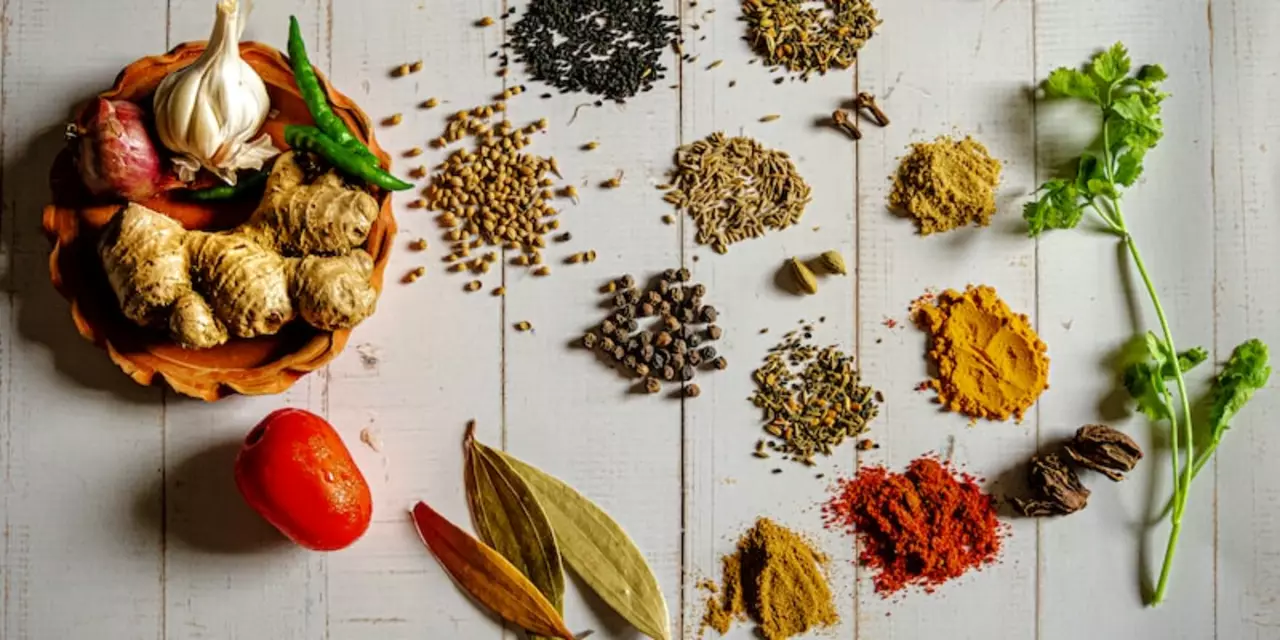Food poisoning: how to spot it and what to do
Ever eaten something and felt your stomach flip a few hours later? That's often food poisoning. It happens when food or drink carries bacteria, viruses, parasites, or toxins. The good news: most cases get better on their own. The not-so-good news: some need quick action to avoid dehydration or worse.
Common causes and signs
Common culprits are undercooked meat, raw eggs, unclean water, dairy that’s gone bad, and foods left out too long. Cross-contamination—like using the same cutting board for raw chicken and salad—also spreads germs. Symptoms usually start within a few hours to a couple of days and include nausea, vomiting, stomach cramps, diarrhea, fever, and weakness. If you see blood in stool or have a very high fever, take it seriously.
Quick steps to take right away
Stop eating the suspect food. Sip clear fluids—water, clear soup, or an oral rehydration drink—to replace lost fluids and salts. A simple homemade ORS: mix 1 liter of clean water with 6 teaspoons sugar and half a teaspoon of salt. Rest and avoid heavy food until vomiting or diarrhea eases. Don’t take anti-diarrheal medicine if you have bloody stools or high fever—those need a doctor’s advice.
For babies, older adults, pregnant people, or anyone with health problems, call a doctor sooner. If vomiting lasts more than 24 hours, you can’t keep fluids down, or you show signs of severe dehydration (very dry mouth, little urine, dizziness, rapid heartbeat), seek medical help immediately.
Antibiotics are only for some bacterial infections and must be prescribed by a doctor. Most viral food poisoning won’t respond to antibiotics and only needs fluids and rest.
Keep it from happening again: simple prevention tips
Wash hands before cooking and before eating. Cook food thoroughly—meat and eggs need heat all the way through. Chill leftovers within two hours and keep your fridge at or below 5°C. Reheat foods until steaming hot. Don’t taste food that smells off; throw it away. When eating out or buying ready-made food, choose places that look clean and avoid uncooked items if you’re unsure.
Leftover cooked rice and lentils can breed bacteria if left at room temperature. Cool them fast, store in the fridge, and reheat well. Use separate utensils and boards for raw and cooked food. If water quality is a concern, drink boiled or bottled water.
Food poisoning is annoying and sometimes scary, but with quick fluid replacement, rest, and basic hygiene you can avoid most complications. If you ever doubt the severity, trust your gut and get medical advice.

Is it safe to eat Indian food left out overnight?
It is generally not recommended to eat food that has been left out overnight due to the risk of bacteria growth. Indian food, in particular, is likely to contain ingredients that spoil more quickly than other types of cuisine, such as dairy and protein, which can cause food poisoning if left out too long. To avoid this, it is best to refrigerate leftovers immediately and consume them within two to three days.
Categories
- Social Issues in India (3)
- Sports (3)
- Business & Markets (2)
- Weather & Climate (2)
- History and Politics (1)
- Quick and Easy Indian Breakfast Recipes (1)
- Food and Culture (1)
- Road Safety & Transportation (1)
- Cultural Experiences/Travel & Living Abroad (1)
- Technology Reviews (1)
Popular Articles

